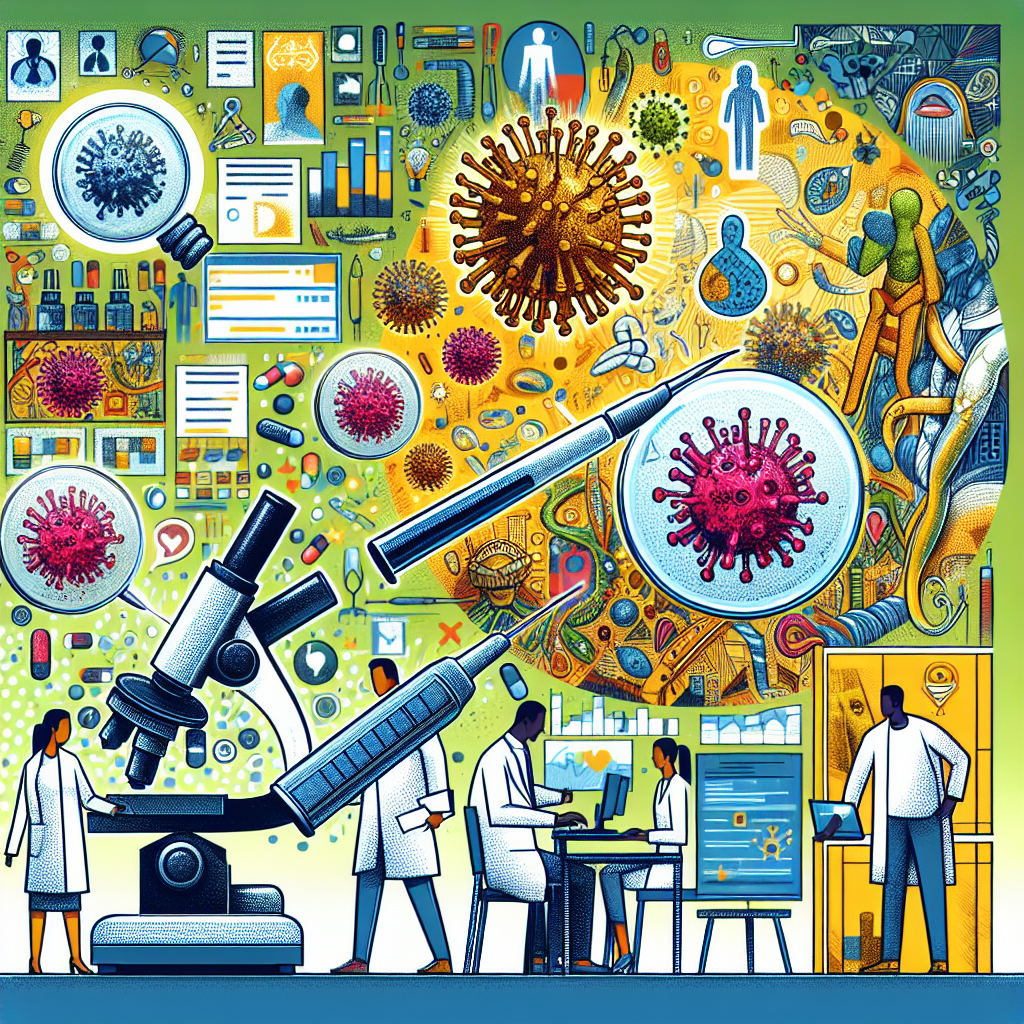Introduction
Imagine waking up one day to find that an unseen intruder has disrupted the harmony of your life. This invisible adversary is chlamydia, a sexually transmitted disease (STD) that operates silently yet potently. But how does chlamydia affect your life? And what steps can you take to safeguard your well-being? Let’s embark on a journey to unravel these questions and more.
- Understanding Chlamydia
- Symptoms of Chlamydia
- Impact on Health
- Prevention and Treatment
- Key Takeaways
- FAQs
- Conclusion
Understanding Chlamydia
Chlamydia is like a stealthy cat burglar, slipping into your body without making a sound. It’s caused by the bacterium Chlamydia trachomatis and is one of the most common STDs in the United States. According to the Centers for Disease Control and Prevention (CDC), millions of new cases are reported each year, affecting both men and women.
Symptoms of Chlamydia
The Silent Symptoms
Like a snake in the grass, chlamydia often goes unnoticed. Approximately 70-90% of women and up to 50% of men with chlamydia have no symptoms. But when symptoms do appear, they may include:
- Painful urination
- Abnormal genital discharge
- Lower abdominal pain
- Pain during intercourse (for women)
- Testicular pain (for men)
Impact on Health
The Domino Effect
Unchecked, chlamydia can act like a row of falling dominoes, leading to severe health issues. For women, it can cause pelvic inflammatory disease (PID), which may result in chronic pelvic pain, ectopic pregnancy, and infertility. Men aren’t spared either — untreated chlamydia can lead to epididymitis, potentially causing infertility. Moreover, chlamydia increases the risk of contracting other STDs, including HIV.
Prevention and Treatment
A Shield of Prevention
Prevention is the knight’s armor against the threat of chlamydia. Practicing safe sex by using condoms consistently and correctly can significantly reduce the risk. Regular screening is essential, especially since the infection often remains silent. The CDC recommends annual screening for sexually active women under 25 and older women with risk factors such as new or multiple sex partners.
The Healing Touch of Treatment
If detected early, chlamydia is treatable with antibiotics. A single dose of azithromycin or a week-long course of doxycycline usually clears the infection. However, it’s crucial to complete the full course of medication and avoid sexual activity until the infection is fully resolved. Partners should also be treated simultaneously to prevent reinfection.
For comprehensive testing options, consider exploring an STD panel at trusted medical providers.
Key Takeaways
- Chlamydia is a common but silent STD.
- Symptoms may include painful urination, abnormal discharge, and abdominal pain.
- Untreated chlamydia can lead to serious health complications including infertility.
- Prevention through safe sex practices and regular screening is essential.
- Treatment involves antibiotics and partner notification.
FAQs
What happens if chlamydia is left untreated?
If left untreated, chlamydia can lead to severe reproductive health issues like PID in women and epididymitis in men, both of which can cause infertility.
Can chlamydia be cured?
Yes, chlamydia can be cured with antibiotics such as azithromycin or doxycycline. It’s important to complete the prescribed medication and follow up with your healthcare provider.
How often should I get tested for chlamydia?
The CDC recommends annual screening for sexually active women under 25 and older women with risk factors. Men with risk factors should also consider regular screening.
Conclusion
Chlamydia may be a silent intruder, but knowledge is your shield and sword. By understanding its impact and taking proactive steps, you can safeguard your health and well-being. Remember, regular screening and safe practices are key to keeping this stealthy adversary at bay. For further details on FAQs related to STD testing, you can visit our detailed FAQ page.
Stay informed, stay protected, and live a healthy life!




